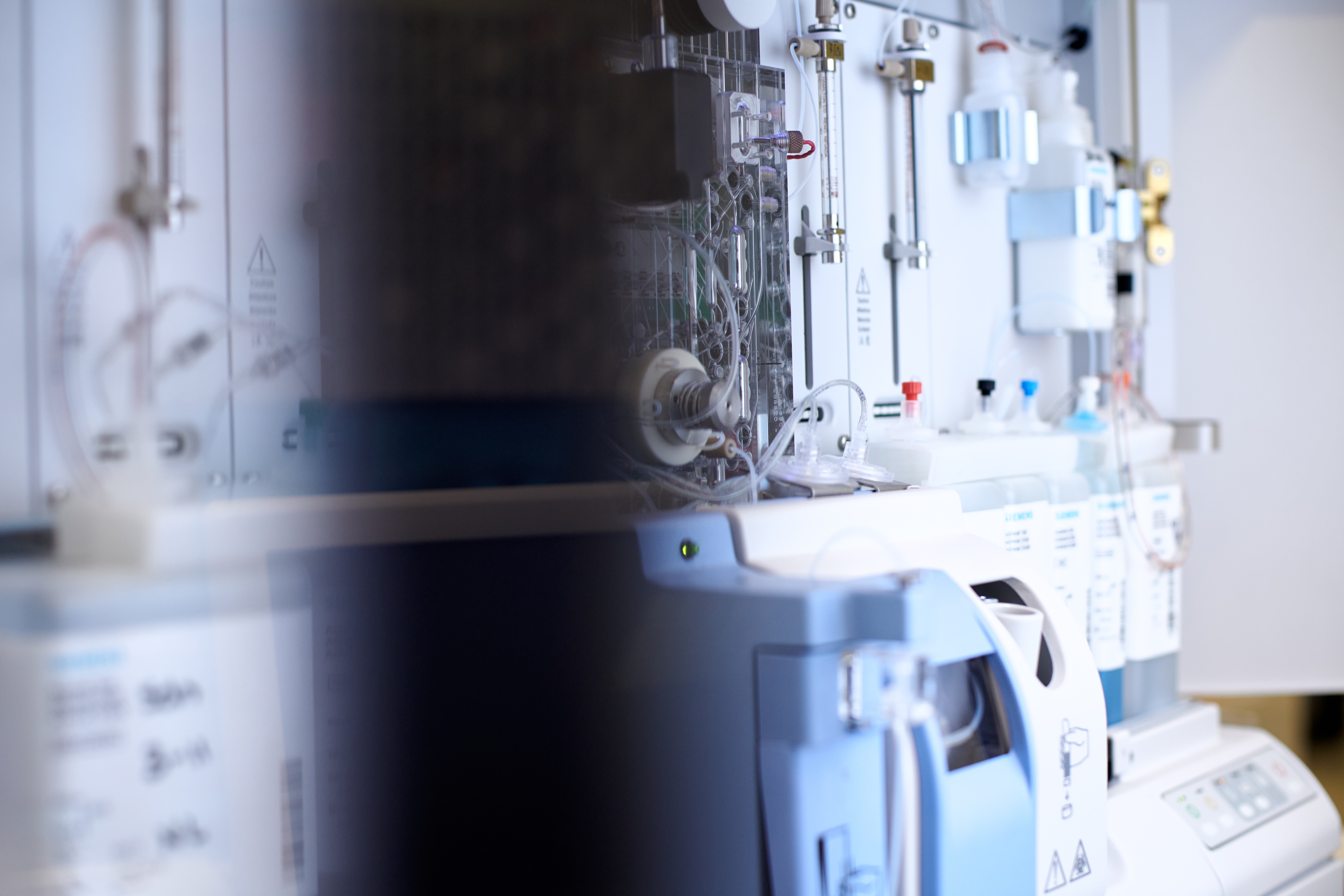IoT -Transforming Medical Devices and Treatment
IoT (Internet of Things) is having a profound impact on the healthcare industry, including the transformation of medical devices and treatment. Here are several ways in which IoT is making a difference. Before we discuss the benefits, it is important to know about medical device regulation in India. These are regulated by Central Drugs Standard Control Organization (CDSCO) and Indian Council of Medical Research (ICMR). The global market size was USD 562 Bn in 2022 and expected to be USD 965 Bn by 2031 as per Research and Market report. The Indian market size in this segment was USD 11 Bn in 2022 and expected to reach to USD 50 Bn by 2030 as per Indian Brand Equity Foundation Research.
1. Remote Patient Monitoring:
• IoT enabled medical devices such as wearable fitness trackers, blood pressure monitors, and continuous glucose monitors allow patients to monitor their health in real-time from the comfort of their homes.
• Physicians can remotely track patients vital signs and receive alerts if there are any concerning changes, enabling proactive intervention. This is a type of telehealth which gives an advantage of being under monitoring while still you are away from hospital.
• During Covid 19, remote monitoring had proven to be the best tool not only for Covid 19 patients to maintain isolation (social distancing) but also for the patients suffering from other diseases.
2. Enhanced Data Collection:
• IoT devices collect large amounts of data on patient health, which can be analyzed to identify trends, patterns, and anomalies.
• This data can be used to make more informed decisions about treatment plans, medication adjustments, and early detection of potential health issues.
3. Telemedicine:
• IoT facilitates telemedicine by enabling video consultations and real-time data sharing between patients and healthcare providers.
• This is especially valuable for remote or underserved areas, as it increases access to healthcare services.
4. Medication Management:
• IoT-enabled pill dispensers can remind patients to take their medications at the right time and in the correct dosage.
• These devices can also track medication adherence and provide feedback to healthcare providers.
5. Smart Prosthetics and Assistive Devices:
• IoT technology has led to the development of smart prosthetics and assistive devices that can be controlled and monitored via smartphone apps.
• These devices can improve the quality of life for individuals with disabilities.
6. Predictive Maintenance:
• IoT is used to monitor the performance of medical equipment such as MRI machines, X-ray machines, and ventilators.
• Predictive maintenance algorithms can detect issues before they cause equipment failures, reducing downtime and ensuring patient safety.

7. Supply Chain Management:
• IoT is employed to track the location and condition of medical supplies, medications, and vaccines in real-time.
• This helps healthcare providers maintain optimal inventory levels and ensure the integrity of sensitive medications and equipment.
8. Infection Control:
• IoT sensors can monitor hand hygiene compliance in healthcare settings, helping to reduce the spread of infections.
• They can also monitor air quality and ventilation systems to maintain a safe environment.
9. Clinical Trials and Research:
• IoT devices enable the remote collection of data from clinical trials and research studies, making it easier to recruit participants and gather real-world evidence.
10. Personalized Medicine:
• IoT data can be used to personalize treatment plans based on an individual unique health data and response to interventions.
While IoT offers significant benefits to the healthcare industry, it also raises concerns about data security and privacy. As IoT adoption continues to grow, it is essential for healthcare organizations to implement robust security measures to protect patient data and ensure compliance with relevant regulations, such as HIPAA in the United States.
Being this field is booming in India and new manufactures are approaching the market, it is important to have high quality Medical Device testing labs availability in market. There are 15 plus medical device testing labs in India which are approved with CDSCO. To get easy access to multiple testing labs and hassle-free experience in receiving quotes, please visit
The Solution Analytics - Services
Other Useful links:
Indian Brand Equity Foundation
Research and Markets
Disclaimer: This is personal opinion and not a medical advice. All the information in this blog is informational. Advice users to consult a medical practitioner if they are seeking medical advice, diagnosis or treatment.